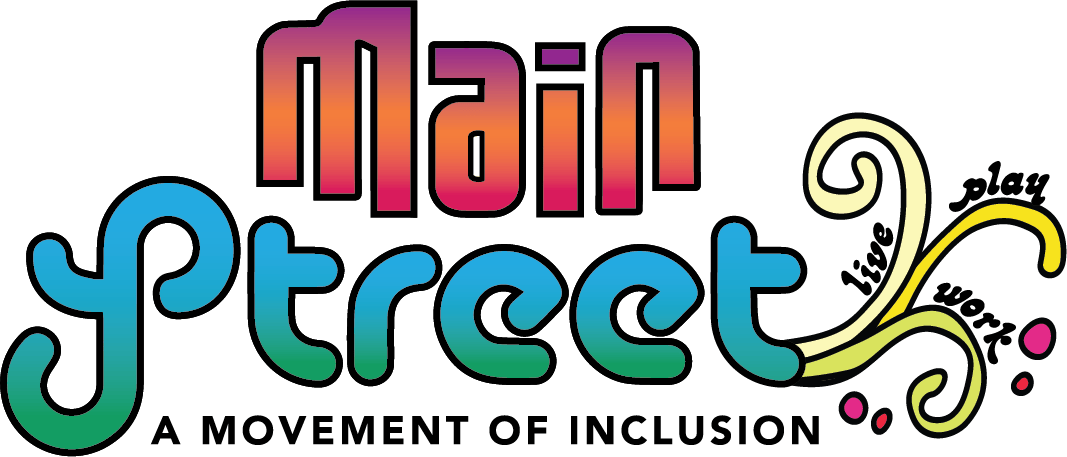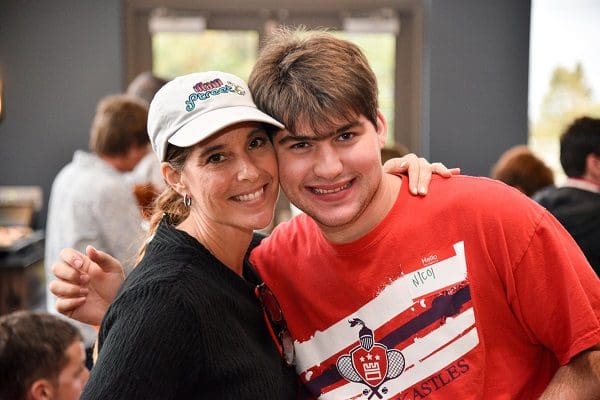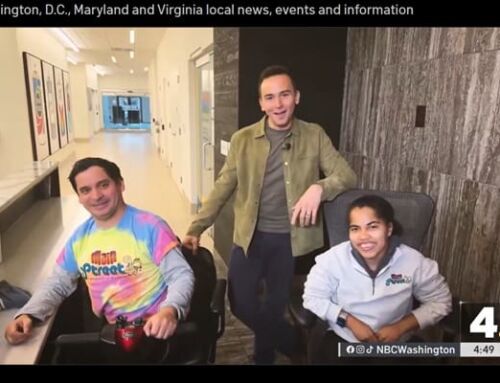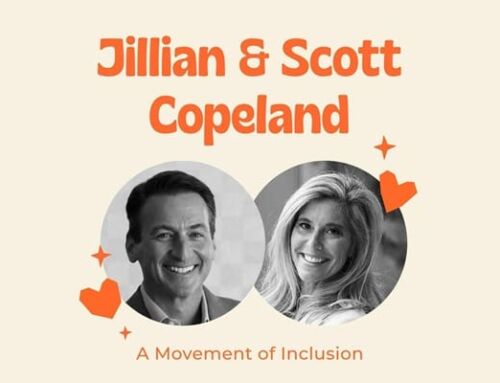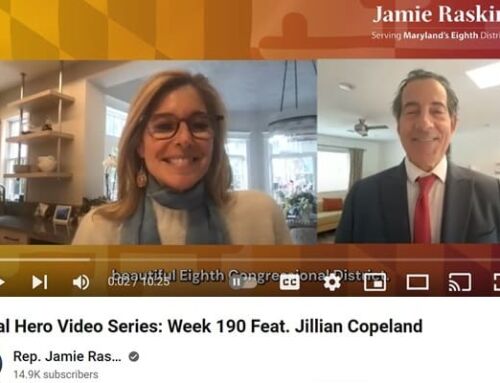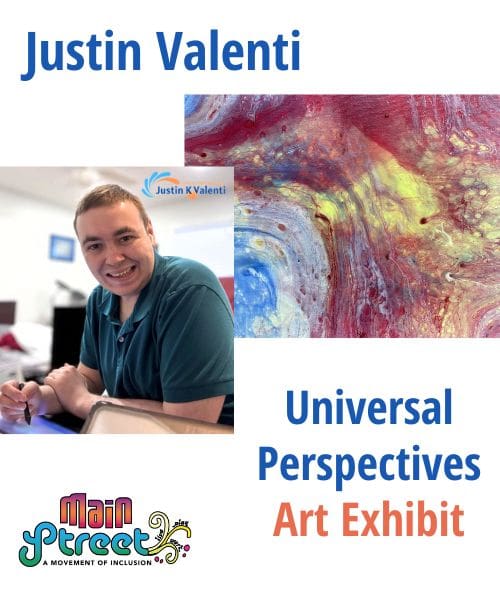MARYLAND MATTERS (5/9/2018) – “Necessity is the mother of invention.”
Jillian Copeland of Rockville likes to quote this proverb, often attributed to Plato.
But she adds her own twist, “Those inventions are created by a mom of special needs.”
When Copeland’s son Nicol, now 19, was in his early school years, she couldn’t find a local school that would provide the extra attention he needed to flourish, given the language, learning and social challenges that came with his developmental disabilities.
“I was extremely stressed out because my kid didn’t have a place to go that worked for him,” said Copeland, an educator who has three other children.
So in 2007, Copeland founded The Diener School of Potomac, today an established kindergarten through Grade 6 school with a holistic approach. Classes are small – eight to 10 students with a teacher and an assistant – and smaller groups that focus on particular skills smaller. A group to improve social skills, for example, has three or four students.
Copeland served as the school’s executive director for six years and remains involved as chairwoman of its board.
At Diener, Copeland said, she was surrounded by other parents whose children had disabilities and worried about their futures. Once their children finished school, the parents worried there was nowhere their children could live and thrive independently, she said.
Copeland cited three factors that make “the cliff,” as she calls this phase in the life of a young adult with disabilities. Special education, with its services, routines and socialization, end when a student reaches turns 21. The cost of safe and accessible housing exceeds the $773 monthly payment through the Social Security Administration that almost 75,000 Maryland adults with disabilities rely on for their main income; and these adults often live with families, alone, isolated and depressed.
Copeland set out to find a solution.
Thus was born Main Street, an apartment building planned for Rockville Town Square that will include units designed for people with disabilities, a community center, and training and social programs. Main Street’s programs will encourage residents and members of the larger community, regardless of ability, to interact and build friendships, Copeland said.
For details, see the Maryland Matters story on Main Street here.
Baltimore mother Ami Taubenfeld wanted the same quality of life for her 27-year-old daughter Annie, who has autism. When Annie was 15 a psychologist asked Taubenfeld if she had looked into adult services for her daughter. These services typically entail daytime activities, vocational training and social development for disabled adults.
“I was like ‘why would I think about adult services when my daughter is only 15?’” Taubenfeld said. The psychologist warned her it would be a blink of an eye before Annie was 21 and exiting the school system.
“I was scared to death what her life was going to be like,” Taubenfeld said.
Taubenfeld and a team of nine other parents sought to find the best agencies for autistic adults across the state to pinpoint the best place for their children to transition into productive and capable adults.
“We were really optimistic. … But what we saw when we started to visit was a different story,” she said.
They found most of the agencies handled multiple disabilities and didn’t have an expertise with autism or an appropriate client-to-staff ratio, Taubenfeld said. She said the best programs had a 1-to-3 client-staff ratio while most of those they researched had ratios around 1-to-9. Although they found two agencies in Montgomery County, neither agreed to open a location in Baltimore.
The parents expanded their search nationally and kept finding “the same scene, over and over again,” Taubenfeld said. They found that agencies with autism-specific programs were the ones that could successfully place autistic adults in working environments with competitive wages. Taubenfeld and her team were unable to find an agency appropriate for their children without having to relocate.
Empty-handed and out of options, they started their own program in Baltimore exclusively for adults with autism. Today, 52 percent of Itineris clients are employed and paid competitive wages. Seventy percent of those clients have been at their jobs for more than a year.
“Our young adults have developed their own community with their work partners and neighbors,” Taubenfeld said.
Annie, her daughter, was one of nine reasons (nine children) who drove their parents to create a place for them to flourish, Taubenfeld said.
“If we didn’t open a program, if I didn’t build a community for her, then I didn’t know what her life was going to be like,” she said.
Today, Taubenfeld is working with Copeland to replicate the concept of Main Street and open her own residence for adults with disabilities in Baltimore.
###
This article was written by Meghan Thompson and originally posted on https://www.marylandmatters.org on 5/9/2018
